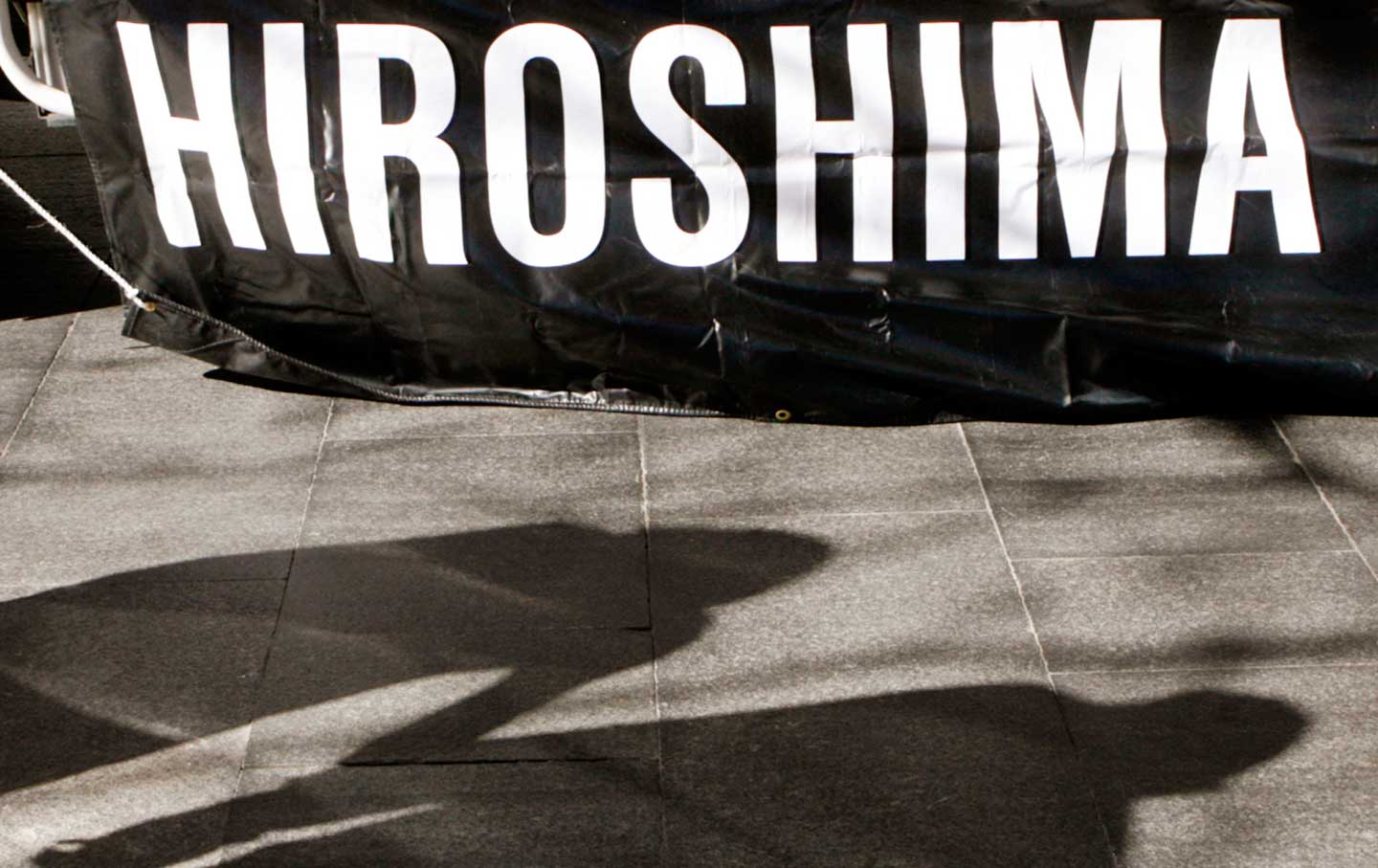V
VonDerTann
Guest
What I’m saying is this: who is a combatant and who is a civilian is very much open to interpretation, and by that stage of WWII most “civilians” had become combatants.
What? In what sense? What sort of “combat” were they engaging in? Paying taxes?What I’m saying is this: who is a combatant and who is a civilian is very much open to interpretation, and by that stage of WWII most “civilians” had become combatants.

 www.thenation.com
www.thenation.com
Hiroshima and Nagasaki were not legitimate military targets. About 5% of the Hiroshima deaths were military. In Nagasaki, it was about 150 in 140,000. The leaflets dropped to warn the populace were dropped after the bombings, not before; the message was that further resistance was futile.No. The differences are many. Remember that the US legally declared war on Japan by act of Congress. Further, I don’t think you will ever find a sanctioned attack on defenseless civilians, and only civilians, by the US military, rivaling flying stolen jetliners laden with gasoline into the twin towers, which was the furthest thing from a military target.
Yes, it could be true that the populace had been armed. The question, though, is whether the bombing of a largely civilian target was moral in light of the threat posed to our military by the civilian population. I don’t know the answer to that. I suspect that the threat was somewhere between not high and largely symbolic. When the Germans were bombing Buckingham Palace, it wasn’t because they thought the Queen had a rifle fitted with a bayonet.I’m referring to the Japanese. As I wrote above, they were being actively armed by the Japanese military; were expected to actively help to repel an invasion; and were engaged in direct war work like digging fortifications. (to say nothing of those in war support, like building munitions in factories).
Do you say the same for Catholic moral theologians who have condemned the bombing of Hiroshima?Third, it is really, really easy in the comfort of our warm homes to engage in armchair speculation about “well, we could have done X.”
Had we not also broken the code and known through Moscow that Japan wanted to surrender with Hirohito still as emperor?Post a pertinent assertion from it.
